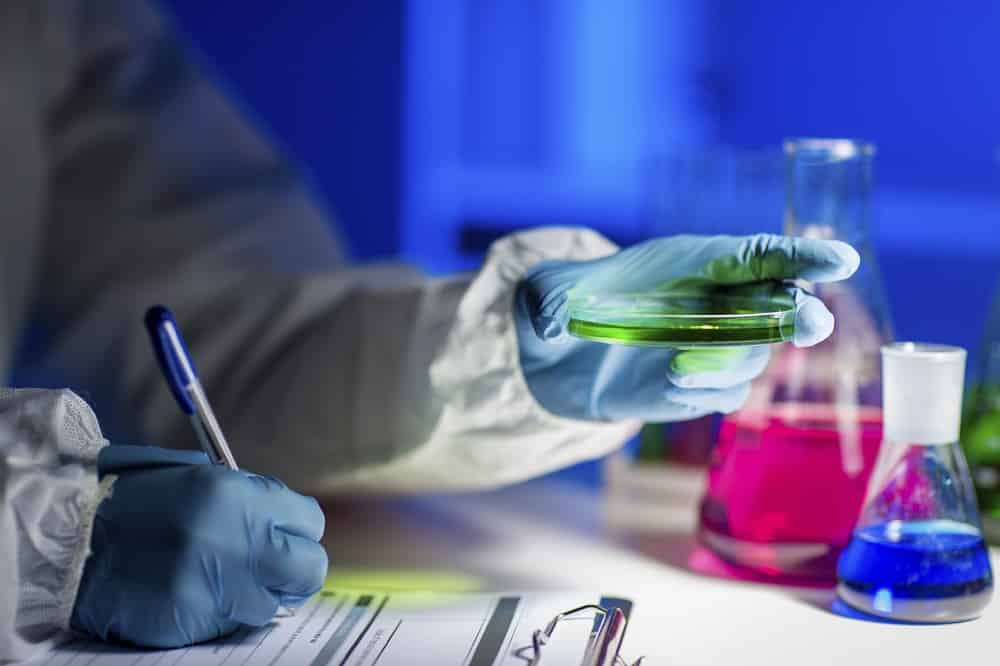Quality Control Inspector Career
Learn All About Being a Quality Control Inspector
Quality control is defined as the operational techniques and activities used to fulfill the requirements for quality.
Quality Assurance and Quality Control In Pharmaceutical Industry
In the pharma industry, ensuring all products meet the required standards and regulations and that these are safe for use and consumption is carried out by the Quality Assurance (QA) and Quality Control (QC) team.
Quality control occurs during the clinical, manufacturing, and distribution stages of the product life-cycle, within the medical devices, healthcare, and pharmaceutical industries. Quality control involves ensuring potentially life-altering or life-saving medicines or devices are manufactured consistently to a safe standard, it plays a crucial role in the pharma industry.
Quality Control Inspector
Inspection is a major component of quality control where one or more characteristics of a product or service are tested, examined, and measured, and the results are compared with the specified requirements to determine conformity.
The inspection is carried out by quality control inspectors, where the inspectors examine products and materials for the effects or deviations from the industry’s specifications or standards. They ensure that your food will not make you sick, that your car will
run properly, that your pants will not split the first time you wear them and that your refinery or petrochemical plant will not have increased maintenance or unexpected shutdowns. Inspectors monitor quality standards for nearly all industries, and their specific duties and responsibilities vary across the wide range of industries in which they are employed. Inspectors spend time in office as well as on a job site. Inspectors must wear appropriate personal protective equipment (PPE) at the job site to protect themselves from potential hazards.What Does A Quality Control Inspector do?
The quality control inspectors inspect an ongoing or completed work to make sure that the work meets owner guidelines and does not contain defects. Some of the most common duties and responsibilities of a quality control inspector include:
- Read and understand the applicable industry specifications and referenced standards.
- Carry out inspections, and testing that is specified in the inspection and test plan.
- Monitor or observe the relevant processes to ensure they meet the specifications.
- Measure or test materials or products being produced using suitable and calibrated inspection instruments.
- Report to the manager or supervisor to analyze and correct ongoing or completed work that fails to meet specifications.
- Discuss inspection results with those responsible for the production process or products.
- Issue NCRs (Non-Conformance Report) when necessary
- Accept or reject finished items
- Coordinates with the production team, clients, and manufacturer representatives
- Record the results of the performed inspections
- Prepare accurate and clear inspection reports for clients or end-user review and approval.
A certified and trained inspector identifies problems early, reduces costly rework, avoids delays, prepares and records valuable data, and provides confidence in maintaining the quality standards to achieve the desired results.
Quality Control Inspector In Pharma Industry
In the manufacturing of pharmaceutical products, quality is the main concern and thus quality inspections are common in the pharmaceutical industry. During the quality inspections, several parameters are checked.
Quality Control Inspector career – Quality inspection in the pharmaceutical industry ensures that medicinal products meet the required standards and it involves a complete assessment and testing of medicinal products.
It involves a number of actions such as:
- Product Testing
Tests are done on samples of the drugs in order to make sure that all the drugs meet the required standards. One of the main activities of quality assurance is defect identification. Products that do not meet the required quality standards are identified and banned.
- Product Content
When it comes to drugs, the content of the drug is one of the most important aspects. The contents of a drug are responsible for the ability of a drug to give out expected results. Sometimes, some products may lack some content or even contain the wrong content. Inspecting the product content ensures that the product has the right specified content and serves its purpose. There might also be harmful additives added in order to make a drug more effective. This can be prevented with the help of product content inspection.
- Product Quality Variation
There may be variations of the manufactured products from the specifications given. The variations may include the concentration of a particular chemical, content in the product, and other specifications. Product quality variation inspection will ensure that there are no variations between a product’s specifications and the actual product.
- Checking for Expiry
The date of expiry is mentioned for all pharmaceutical products. The expired drugs may sometimes be harmful and will not give the required results after they expire. The risk of problems caused by consuming expired drugs can be prevented by carrying out a quality inspection checking for the date of expiry.
The aim of quality control and quality assurance in the pharmaceutical industry is to make sure that pharmaceutical products are safe and effective for consumers.
Quality Control Inspectors Skillset
In order to ensure that products are up to standards, Quality Control Inspectors use a variety of soft skills and industry knowledge including:
- Attention to detail
- Time management
- Excellent problem-solving and analytical skills
- Multitasking
- Written and verbal communication
- Knowledge of quality standards
- Blueprint reading capabilities
- Documentation and reporting skills
- Teamwork and collaboration
- In-depth understanding of company standards
- Basic computer and math skills to calibrate and measure specifications
Quality Control Inspector Carrer – Educational Requirements:
The minimum educational requirements for Quality Control Inspectors is a bachelor’s degree in a field pertaining to their industry, such as health care technology, pharma, Chemistry discipline, food science, or an engineering discipline. A degree within life science would be required if starting out in a graduate position within the pharmaceutical industry. There are also dedicated certification courses that serve as an added advantage to secure a job in this field.
Pharmaceutical Quality Control Inspectors are employed either in-house or via an external agency and can work within either a generic or specialist position. Scientific qualifications are highly desirable and create a good starting place for a career in sectors such as consumer health, clinical, medical devices, and pharmaceutical markets.
Experience and understanding of current regulations and legislations are of vital importance to a role of Quality Control Inspectors and will aid in defining your skillsets, such as Good Clinical Practice (GCP), Good manufacturing practice (GMP), Good Distribution Practices (GDP), Good Laboratory Practice (GLP), and ISO standards (9001, 13584).
A typical career path and job roles in the field of Quality Control & Quality Assurance include:
- Quality Assurance Analyst, Testers, or Inspectors
- Quality Assurance Managers
- Product Management
As discussed above, ensuring customers receive products free from defects and meet their needs is the main principle of quality control processes. Companies can solve problems more efficiently, saving time and money by monitoring products at the end of production as well as reviewing the products’ design, with the help of Quality Control Inspectors.
Keyword: Quality Control Inspector career
















































Pls give me job in Bhopal
Plz give me job in Bangalore
I m organicchemistry student